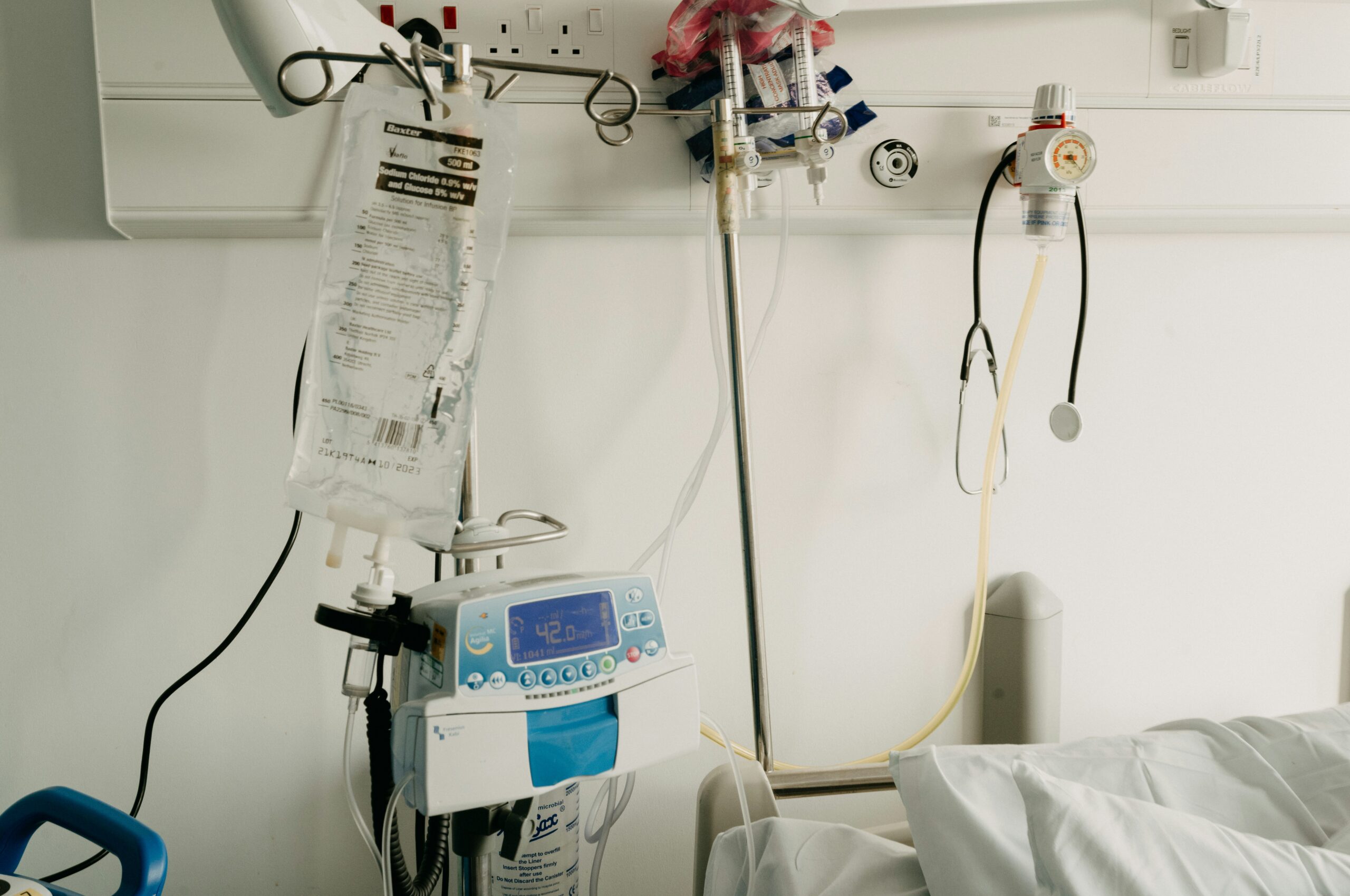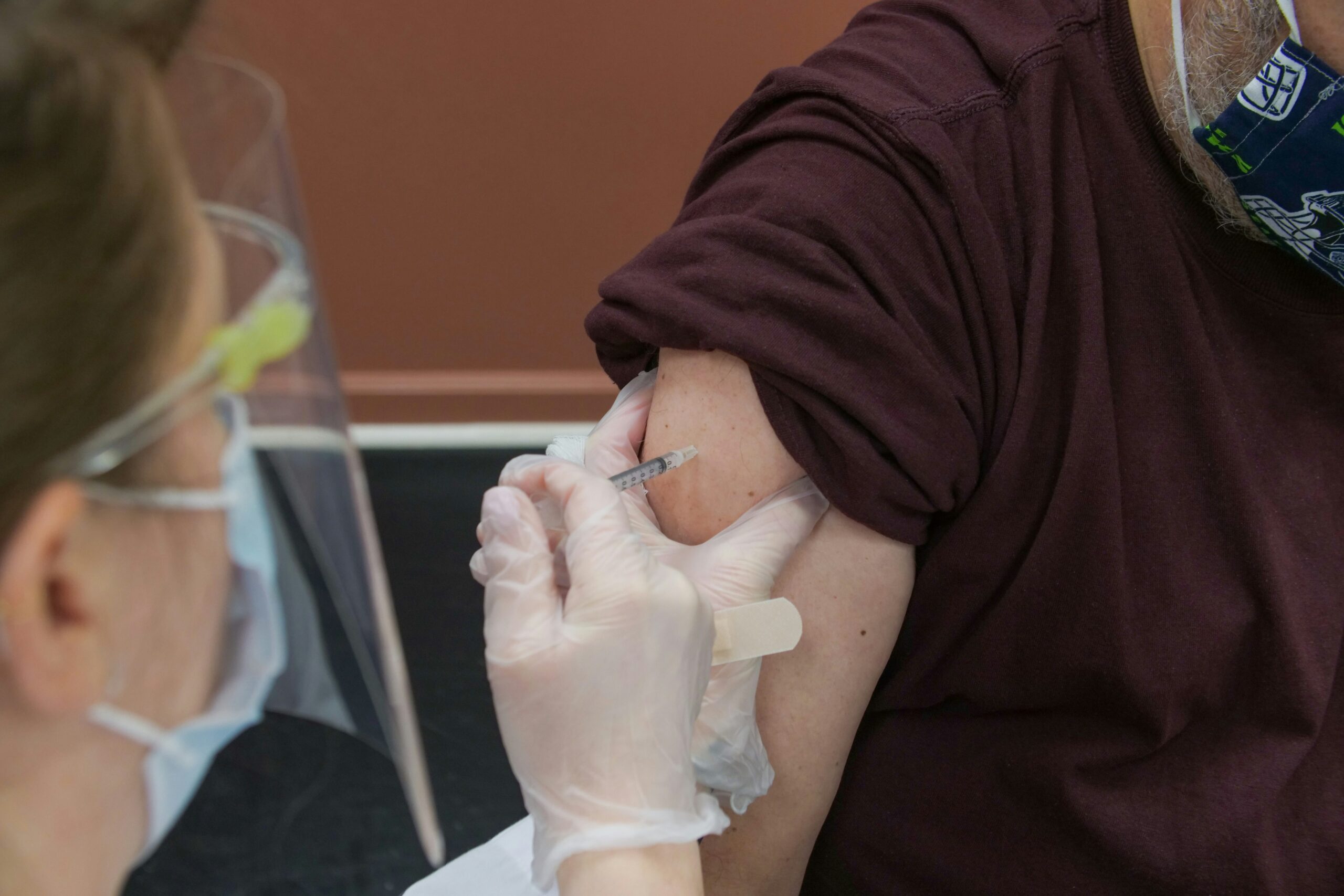When many people imagine therapy in rehab, they picture a group therapy session. It may have involved sharing personal stories, challenges, and success, which are all vital to healing and a major part of treatment. However, it’s not the only therapeutic approach. At Lakeview Health, for instance, we offer therapeutic recreation programs. Call today at 866.704.7692, and we’ll explain how therapeutic recreation helps with addiction recovery.
What is Recreation Therapy?
Recreational therapy has individuals take part in various challenges and activities both on their own and with others. Doing so allows them to build up their confidence, understand their motivations, improve their communication skills, and better learn how others interact with the world around them. When in recovery from the disease of addiction, understanding one’s motivations is key. However, it can feel like there’s nothing one can do to change. Recreational therapy gives individuals that something ‘to do,’ a goal to strive for, or an activity to perform to work through their emotional and psychological issues contributing to or triggering their substance abuse.
It was developed post-World War II to help veterans deal with physical and emotional issues arising from combat trauma. Since then, it has grown into a very effective form of addiction treatment.
Each person has a unique way of interacting with the world around them. When they find themselves struggling with a substance use disorder (an addiction to drugs or alcohol), it’s important that those looking to help them heal come to understand how a patient learns and engages with things. For many people, working through their emotional, intellectual, and spiritual issues can be done through traditional talk therapy. This kind of psychotherapy uses cognitive-behavioral therapy, dialectical behavior therapy, acceptance and commitment therapy, EMDR therapy (eye movement desensitization reprogramming), and others.
But for some, talk therapy, whether in a group setting or conducted one-on-one through individual therapy, is not enough or isn’t an effective approach for getting to core issues. This is because some patients are active learners. They need to have more physical activity in their therapy to learn about themselves and others. To accommodate this, recreational therapy was expanded to incorporate mental health and addiction treatment.
Recreational therapy is a methodology that lets you work through your issues surrounding addiction. Moreover, it enables you to manage those problems. Some recreational therapies include:
We can use each of these therapies in conjunction with evidence-based treatments to help you overcome your addiction.
The benefits of therapeutic recreation are varied, but they can generally be broken down into a few categories, such as:
- Physical benefits: Exercise and activity have an immediate impact on the body. It is perhaps the most natural or holistic way to manage pain, a key trait when someone is dealing with addiction to opioids or other prescription pain medications. Addiction also has the effect of weakening the body, draining it of strength and flexibility. Recreational therapy is one way to restore, improve, and refine one’s physical prowess.
- Cognitive benefits: While it may not be something people realize at first, experiential therapy and recreation therapy increase a person’s attention span. This is because any physical activity requires a person’s mind to be equally as active (either consciously or unconsciously). For those struggling with a substance use disorder, improving one’s cognitive function is important. Recreational therapy also enhances memory, reduces confusion, and positively increases awareness and alertness.
- Social benefits: Drugs and alcohol are sometimes falsely portrayed as being a social lubricant or something that can improve social standing. However, the reality is that drug or alcohol abuse is frequently something that pushes people away, leading to increased isolation. Long-term substance abuse can make it extremely challenging for individuals to operate appropriately in a social setting. Recreational therapy helps restore one’s sociability. It is an effective means of stress management and usually requires individuals to participate in honing their communication skills.
- Emotional benefits: Recreational therapy pushes back against social isolation and anxiety. It is a way to confront and ultimately overcome anxieties and fears, increasing an individual’s confidence in themselves and their abilities. At the same time, it enhances emotional understanding and maturity (regardless of age), making it easier to learn and implement healthy coping skills.
How Therapeutic Recreation Helps With Addiction Recovery
You may still be wondering how therapeutic recreation helps with addiction recovery. Addiction recovery is a complicated process, and it needs a variety of treatment modalities to be successful. Therapeutic recreation offers several benefits:
- Improved social skills: Many times, addiction leads to failures to communicate and poor social skills. However, with therapeutic recreation, you rebuild those skills and learn how to interact with the people around you effectively. Additionally, you may make friends in these therapies that could last for a lifetime.
- Improved coping skills: Some therapies, such as yoga therapy and meditation, will teach you how to handle your anxiety or stress without turning to drugs.
- Higher self-esteem: When you see that you can do many things that you didn’t think you could, your self-image improves. Through experiential therapy, you’ll try a variety of activities and see that you are capable of more than you think.
- Better relaxation skills: When addiction rules your life, you may think that the only way to relax is to use drugs or alcohol. However, through fitness, yoga, and meditation therapy, you’ll learn how to relax without substances. Moreover, you’ll learn how to plan for relaxation efficiently.
- Improved problem-solving skills: Some therapeutic modalities may require some element of problem-solving. When you meet and overcome those challenges, your ability to think through and solve problems will get better. You’ll learn that drugs and alcohol are not the only answers to life’s curveballs.
There are a variety of other benefits to recreational therapy. To learn more, call Lakeview at 866.704.7692 and ask us how therapeutic recreation helps with addiction recovery.
Choose Treatment at Lakeview Health Today
There’s more to learn about how therapeutic recreation helps with addiction recovery. Would you like to discover what you’re capable of when you’re free from addiction? If so, call Lakeview Health today. We offer treatment for several dependencies, such as:
- Benzo addiction
- Heroin addiction
- Alcohol addiction
- Prescription pill addiction
- Opiate and opioid addiction
Across all our substance abuse treatment programs, we offer innovative and customizable therapies that can grow with the individual. As clients progress through treatment, they can take advantage of a variety of therapeutic options. Recreation therapy is just one approach. Because we understand that each person will forge a unique path in recovery, we make it a point to offer as many tools and resources as possible to help, such as:
- Art therapy
- Faith-based specialty group
- Family therapy
- Music therapy
- Stress management
- TMS therapy
- Trauma-informed therapy
- Yoga therapy
Therapeutic recreation is only one part of who we are. We offer a variety of evidence-based and holistic therapies. To learn more about our substance abuse treatment programs, contact Lakeview Health by calling 866.704.7692 today. Life can begin again when you start addiction treatment at Lakeview.




